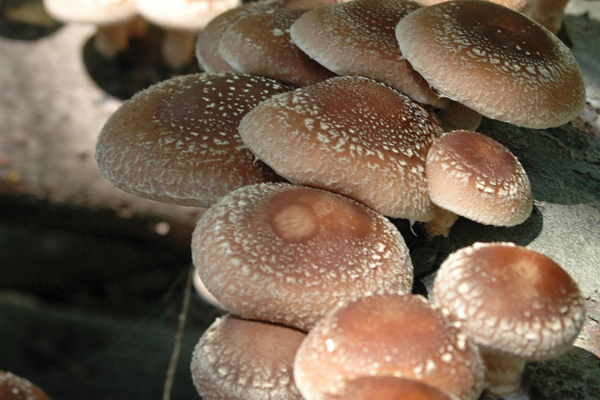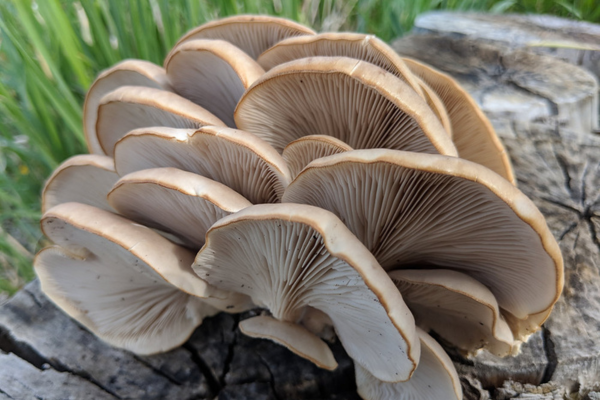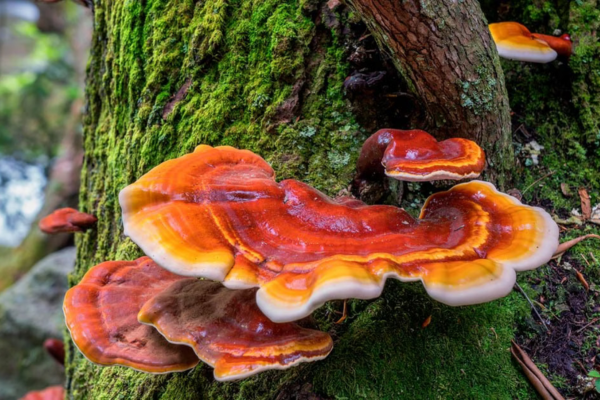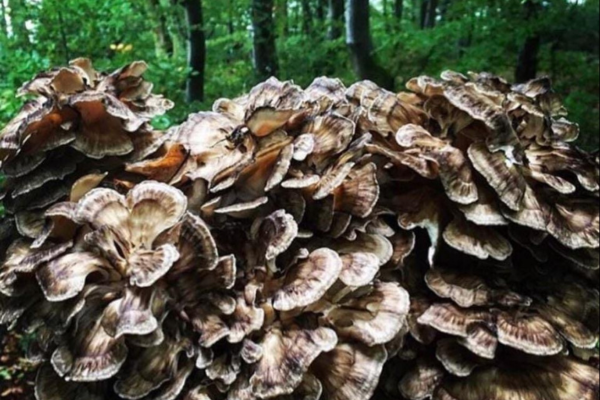Cholesterol management is a significant concern for many individuals striving to maintain a healthy lifestyle. Among the plethora of natural remedies and dietary options, mushrooms have emerged as a promising ally in the quest to lower cholesterol levels.
In this comprehensive guide, we will delve into the fascinating world of fungi and uncover which edible mushroom used for cholesterol reduction is the most effective.
The Power of Mushrooms in Cholesterol Control
Cholesterol, a waxy substance found in your blood, is essential for building healthy cells. However, high levels of cholesterol can increase the risk of heart disease. When cholesterol accumulates, it can develop into plaque, which narrows and hardens arteries, leading to atherosclerosis.

Mushrooms have been a staple in traditional medicine for centuries, revered for their numerous health benefits. Recent studies have shed light on their potential role in cholesterol management, making them a subject of interest for nutritionists and health-conscious individuals alike.
The Science Behind Mushrooms and Cholesterol
The connection between mushrooms and cholesterol reduction lies in their unique composition. Many varieties of mushrooms are rich in beta-glucans, a type of soluble fiber known for its cholesterol-lowering properties. Beta-glucans work by forming a gel-like substance in the gut, which binds to cholesterol and bile acids, aiding in their excretion from the body.
Top Mushrooms for Cholesterol Reduction
When it comes to selecting the best mushroom for cholesterol management, several varieties stand out for their potent effects:
1. Shiitake Mushrooms

Shiitake mushrooms are renowned for their ability to lower cholesterol. They contain a compound called eritadenine, which has been shown to inhibit an enzyme involved in cholesterol production.
2. Oyster Mushrooms

Oyster mushrooms are another excellent choice for cholesterol-conscious individuals. They are high in beta-glucans and have been found to reduce both total cholesterol and LDL cholesterol levels.
3. Reishi Mushrooms

Reishi mushrooms, often referred to as the "mushroom of immortality," have been used in Asian cultures for their medicinal properties. They are believed to have a beneficial effect on cholesterol and overall heart health.
4. Maitake Mushrooms

Maitake mushrooms are not only delicious but also have cholesterol blood glucose-lowering abilities. They help to decrease both cholesterol and triglyceride levels, contributing to better cardiovascular system health.
Incorporating Mushrooms into Your Diet
To reap the cholesterol-lowering benefits of mushrooms, it's important to incorporate them into your diet in a heart healthy diet, and balanced way. Here are some nutrition tips for adding these fungi to your meals:
- Sautéed Mushrooms: A simple sauté with garlic and olive oil can make a flavorful and healthy addition to any meal.
- Mushroom Soups: A hearty mushroom soup can be both comforting and beneficial for cholesterol management.
- Mushroom Powders: For a convenient option, consider adding mushroom powders to smoothies or other recipes.
Potential Side Effects and Considerations
While mushrooms offer many health benefits, it's crucial to consume them in moderation. Some individuals may experience allergies or digestive issues when consuming mushrooms. Always consult with a healthcare provider before making significant changes to your diet, especially if you have pre-existing health conditions.
Final Thoughts
In the quest to find the best mushroom for cholesterol reduction, it's clear that several varieties offer promising benefits. By incorporating mushrooms like shiitake, oyster, reishi, and maitake into your diet, you can take a natural and delicious approach to managing your cholesterol levels. Remember to enjoy mushrooms as part of a balanced diet and consult with a healthcare professional for personalized advice.
Frequently Asked Questions About Mushrooms and Cholesterol Management
Can mushrooms help lower cholesterol levels?
Yes, certain mushrooms have been shown to help lower cholesterol. They contain beta-glucans and other compounds that may reduce bad LDL cholesterol and increase good HDL cholesterol.
What are the best mushrooms for cholesterol management?
Shiitake, the oyster mushroom, and reishi mushrooms are among the best for cholesterol management due to their high levels of beta-glucans and other heart-healthy nutrients.
How do mushrooms affect heart and overall health?
Mushrooms can positively impact heart health by lowering cholesterol levels, reducing high blood pressure, and providing antioxidants that protect against heart disease.
How often should I eat mushrooms to help with cholesterol?
Incorporating mushrooms into your diet several times a week can help manage high cholesterol levels, but it's important to maintain a balanced diet and follow your healthcare provider's advice.
Can eating mushrooms replace cholesterol medication?
While mushrooms can be a beneficial part of a cholesterol-lowering diet, they should not replace medications prescribed by your healthcare provider without medical advice.
Are there any side effects of eating mushrooms for cholesterol?
Most people can eat mushrooms without side effects. However, it's important to source them from reliable suppliers to avoid toxic varieties, and some individuals may have allergies to medicinal mushrooms.
How should mushrooms be prepared for cholesterol management?
For the best health benefits, mushrooms should be cooked in a healthy way, such as grilling, sautéing, or baking, without adding excessive amounts of fat or salt.
Can dried mushrooms be as effective as fresh ones for cholesterol management?
Yes, dried mushrooms retain most of the nutrients found in fresh mushrooms and can be rehydrated and used as an effective alternative for cholesterol management.
What other foods should be included in a cholesterol-lowering diet?
A cholesterol-lowering diet should include a variety of fruits, vegetables, whole grains, lean proteins, and healthy fats, along with mushrooms.
Where can I find reliable information about mushrooms and cholesterol?
For reliable information, consult registered dietitians, nutritionists, or healthcare providers, and refer to reputable health and wellness websites and scientific studies.



